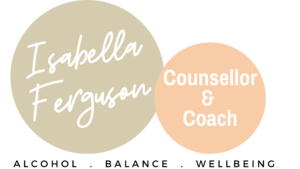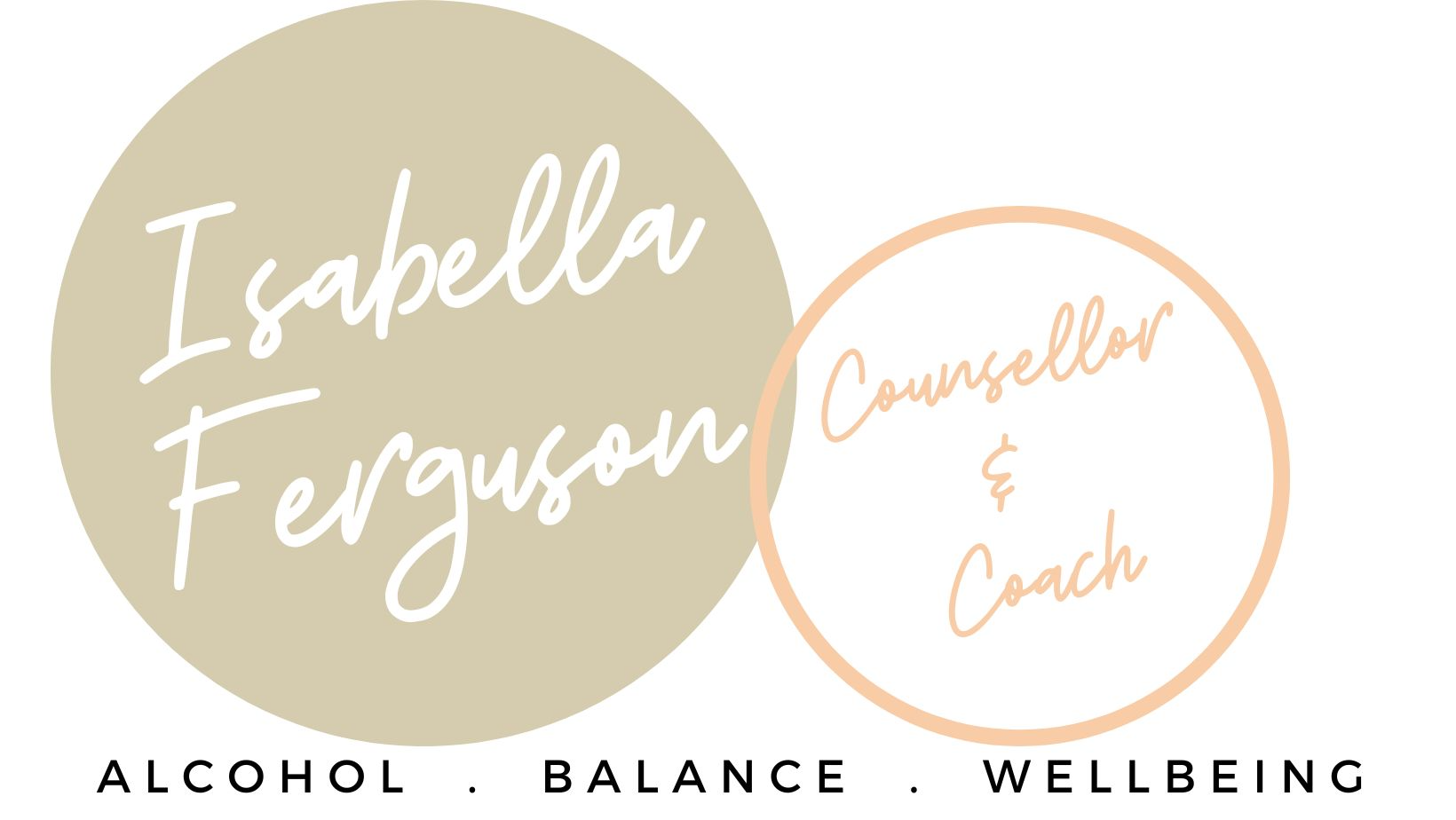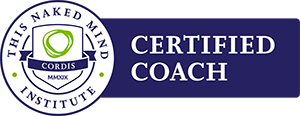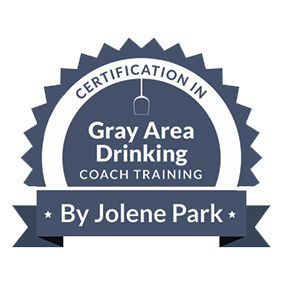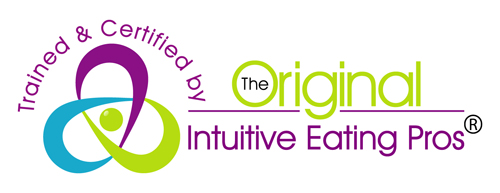Drinking Keeps Us Stuck in Mediocracy
Alcohol is an enabler – but at what cost?
I love the topics we tackle as part of my alcohol freedom challenges. This is one that really resonates with me: Alcohol is an enabler that keeps us stuck in mediocracy. Can you relate?
Alcohol “enables” us to:
- do the heavy lifting and keep going and going and going
- people please and keep smiling and carrying on
- push our frustrations down rather than communicate our wants and needs and set boundaries,
- put our family, our colleagues, our friends’ needs first at our own expense, and
- exist in a mediocre less-than-joyful state without really knowing it
Plus, it can keep us in a fatigue / low mood state that builds the older we get. It keeps us trapped in a mediocre less-than-joyful life.
You may have noticed this when you are in a drinking cycle. You might feel slow, sluggish, flat, unhealthy and unmotivated. Your thought patterns might be a little more negative, perhaps self-critical with lots of “I should’s”, “I wish I could’s” and “if only I might…” showing up in your internal monologue. In terms of your behaviour in these cycles, you might be less inclined to call your friends and go out, less willing to make small talk and engage with those around you and your world gets a little smaller.
In contrast, you might have noticed that when you have had an alcohol-free fortnight or more under your belt, you feel upbeat, proud, motivated and positive about yourself. You feel more grateful. You starting to think about new activities, how to improve your life by setting some short- and long-term goals and you behave more energetically and positively towards yourself and those around you. Life feels good.
When we are drinking, we are get caught in a fatigue – less than joyful – mediocre loop. This keeps us reaching for alcohol each evening to try to gain a boost to get us through, essentially to regain some of the good vibes that alcohol has taken away from us due to the couple of glasses we had the evening before. There is a biological explanation for this.
When we drink, we receive 20 minutes of relief from the release of Dopamine and GABA (depressants). Our brain then jumps into protection mode and releases dynorphin, cortisol and adrenaline (stimulants) to restore homeostasis. The stimulants stay in our body for hours and hours, much longer than the depressants. So, we will never feel the effects of the first glass again, no matter how much we drink. We will also feel antsy and edgy as the night progresses. We will wake up at 3am. We will not get a restorative sleep. Back on the hamster wheel.
Additionally, our body will release stress hormones the following evening in anticipation of the expected drinking session that evening. This is even if we have a night off! It takes a few months for our bodies to re-adjust to us not drinking and stop releasing these stress hormones. However, the good news is that it does stop and when it does – that is when we start to feel pretty bloody good again!
The net impact of being in a drinking cycle is to reduce our normal feel-good baseline.
Eventually we begin to question: What are we missing? Why are we settling for less?
By doing all of this, have we let boundaries blur (ie work/life balance)?
Have we been less than effective in communicating what we want and need to those around us? Have we forgotten how to tune in with ourselves and understand what it is we want and need?
Have we lost the ability to effectively carve out personal space and time and also importantly feel that we deserve this space and time?
The good news is, that by quitting drinking, we can open up and reflect on all of these questions. This creates room for change. It allows us to reflect on how we really want the next phase of our life to look and map out the way to get there.
Removing alcohol can be transformational! We can regain our natural feel-good joy baseline. We can begin to focus on what we want, what we need, how to set boundaries with those around us, how to carve out personal space for self-care and set goals ahead for our how we want the next phase of our life to look like.
For further information or if you would like any support busting out of drinking cycle and jump into your next phase, feel welcome to book in a 30-minute no obligation confidential chat with me.
Yours faithfully
